The 'Old Ashmolean': A Short History
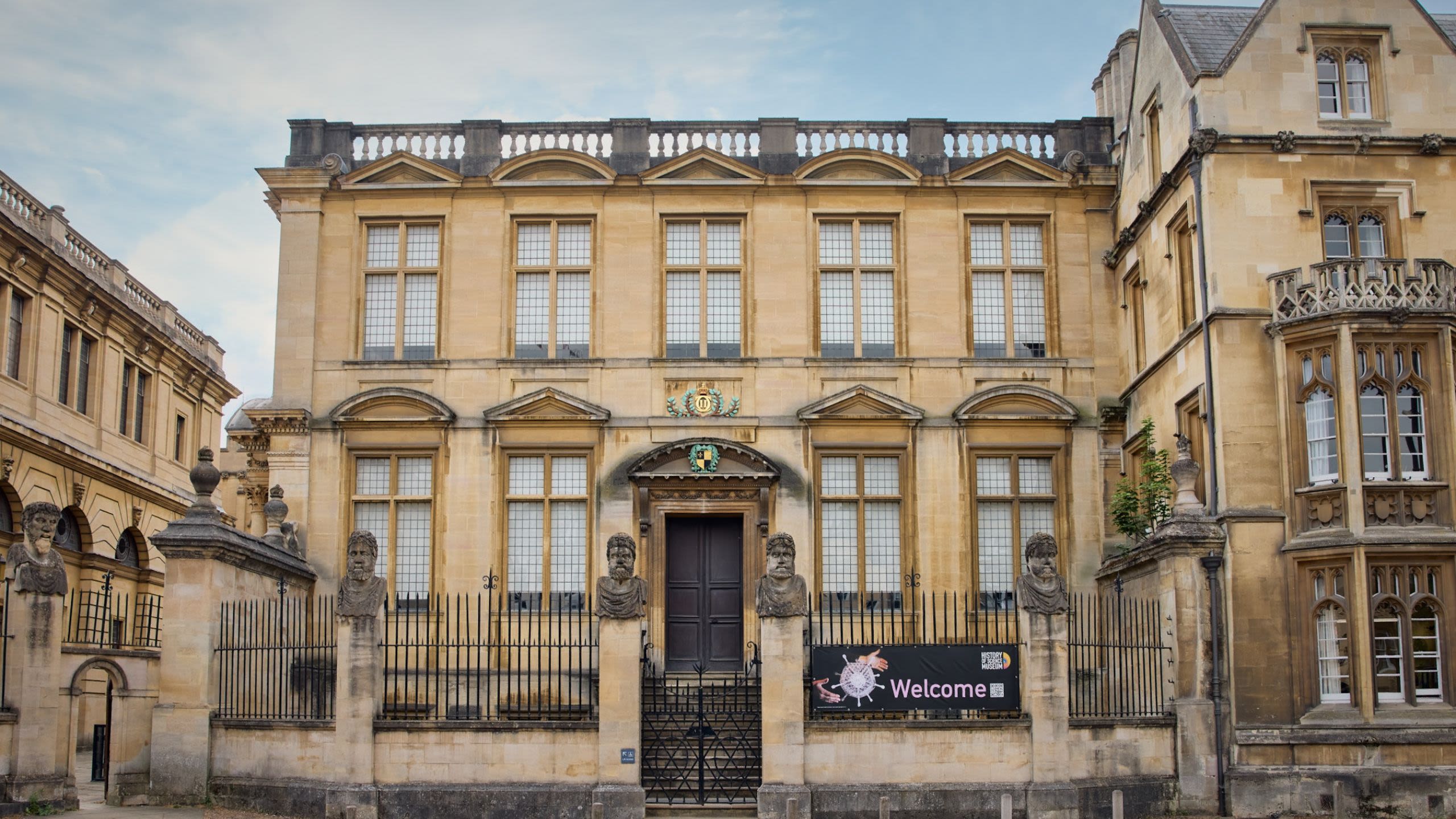

You're standing in the world's oldest surviving purpose-built public museum building
Designed to house the original Ashmolean collection, it was opened on 24 May 1683 by the future King James II.
The Museum immediately became a meeting point for curious minds.


The Top Gallery housed the collections.


The middle floor was a hive of learning with teaching and practical science demonstrations.


And the basement was used as a chemistry laboratory and space for public autopsies.
In the 1700s, you could pay sixpence to watch dissections.
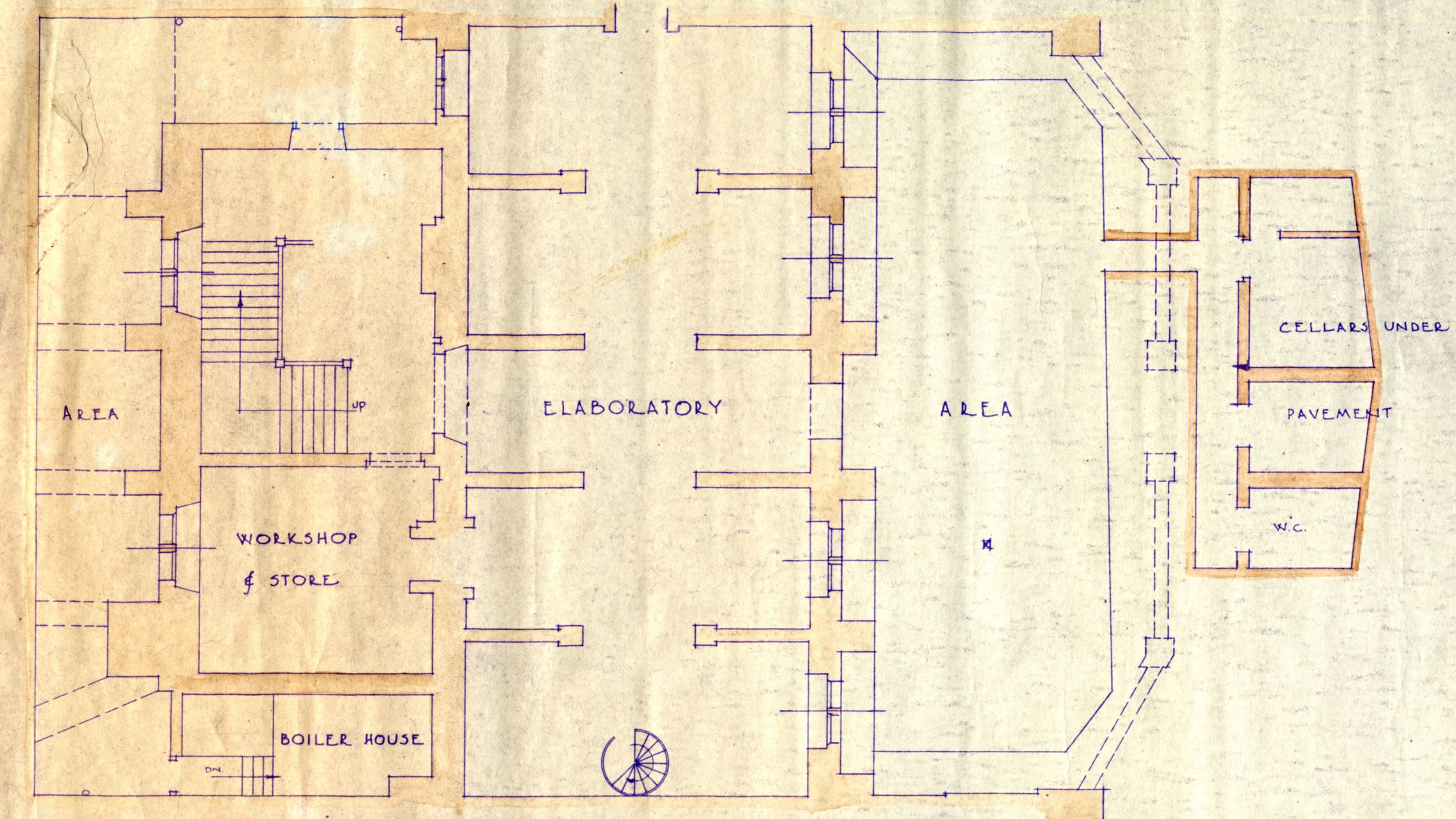

From 1860, the Ashmolean collection gradually outgrew the building and moved to newly-built homes in what are today the Museum of Natural History, the Pitt Rivers Museum and the Ashmolean Museum.
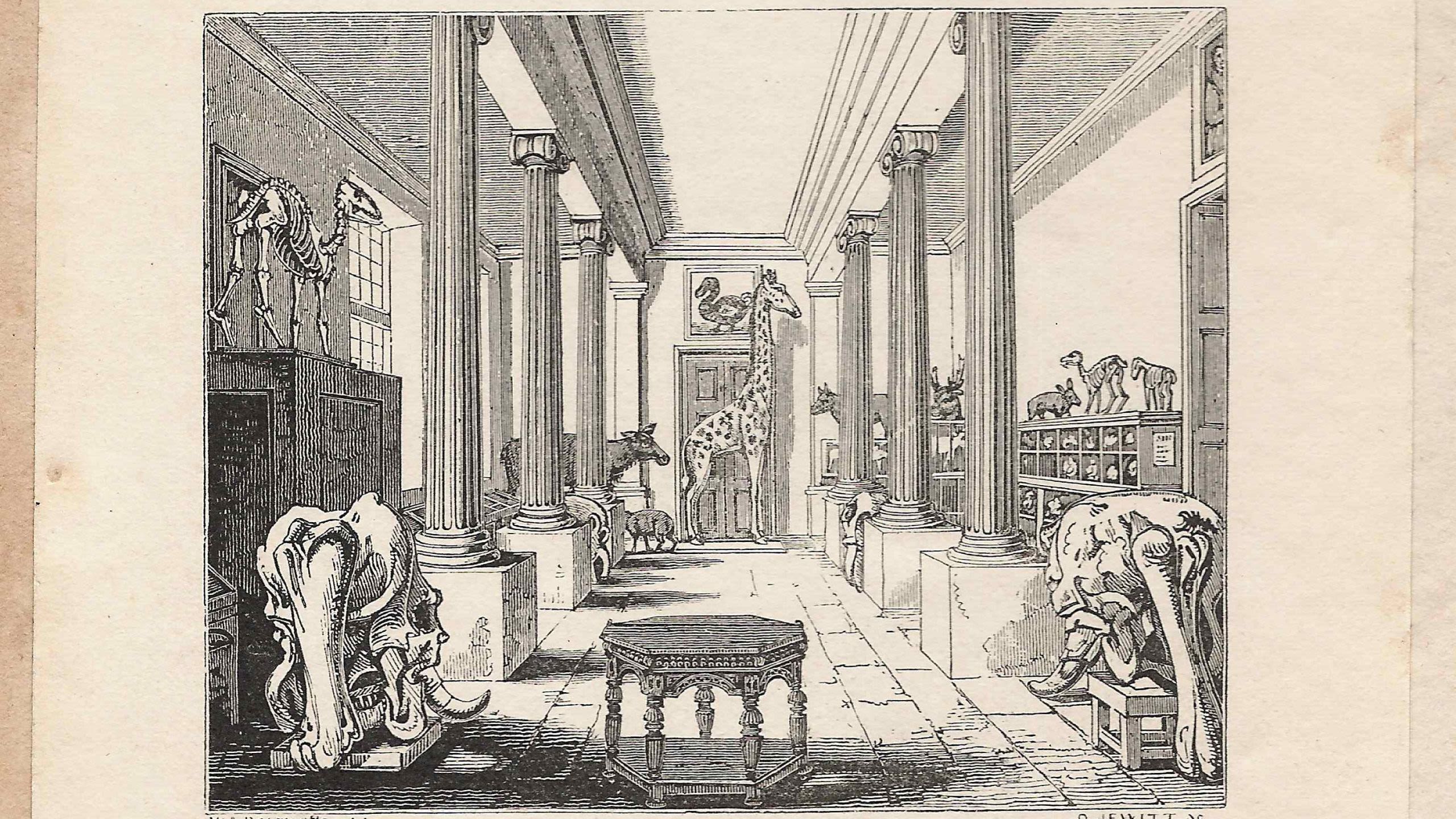

After 1904, the University used the ‘Old Ashmolean’ for storage and office space.
Curious minds still passed through, including J.R.R. Tolkien, author of The Hobbit and The Lord of the Rings, who worked here for 2 years on the Oxford English Dictionary.
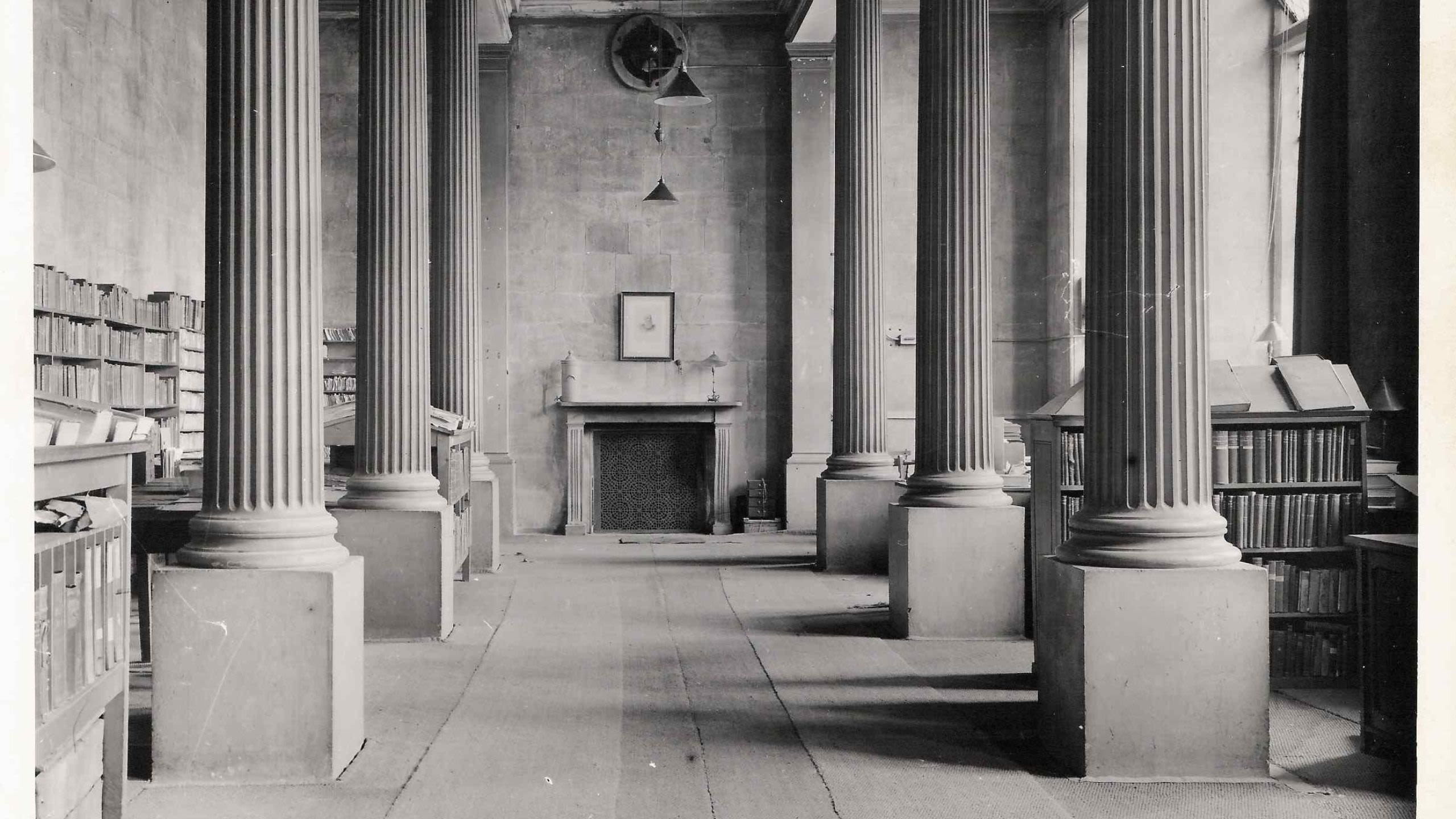
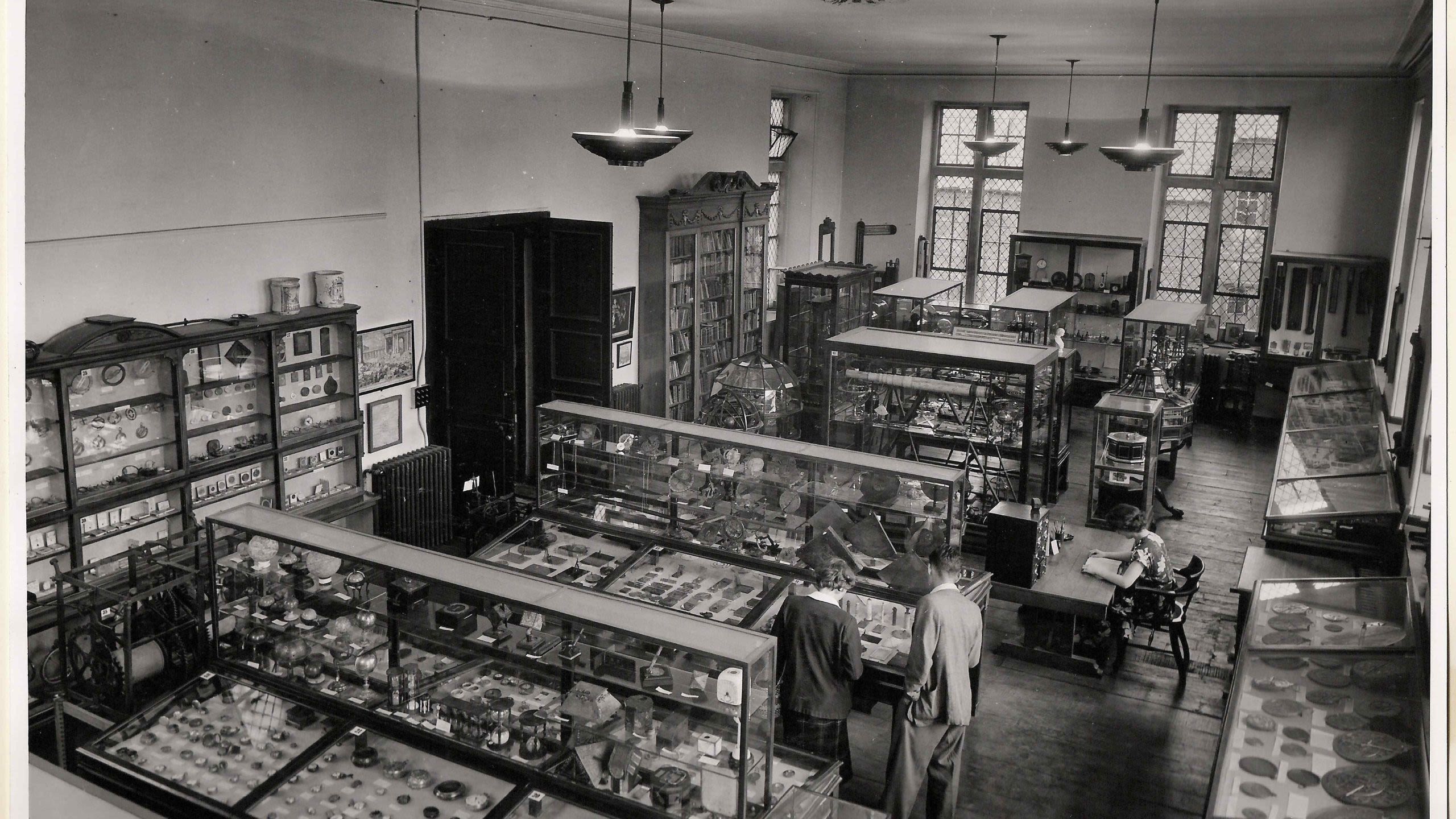
Then in 1925, the Lewis Evans Collection of scientific instruments went on display in the Top Gallery.
And as it gradually spread to every floor, our building became a museum once again.

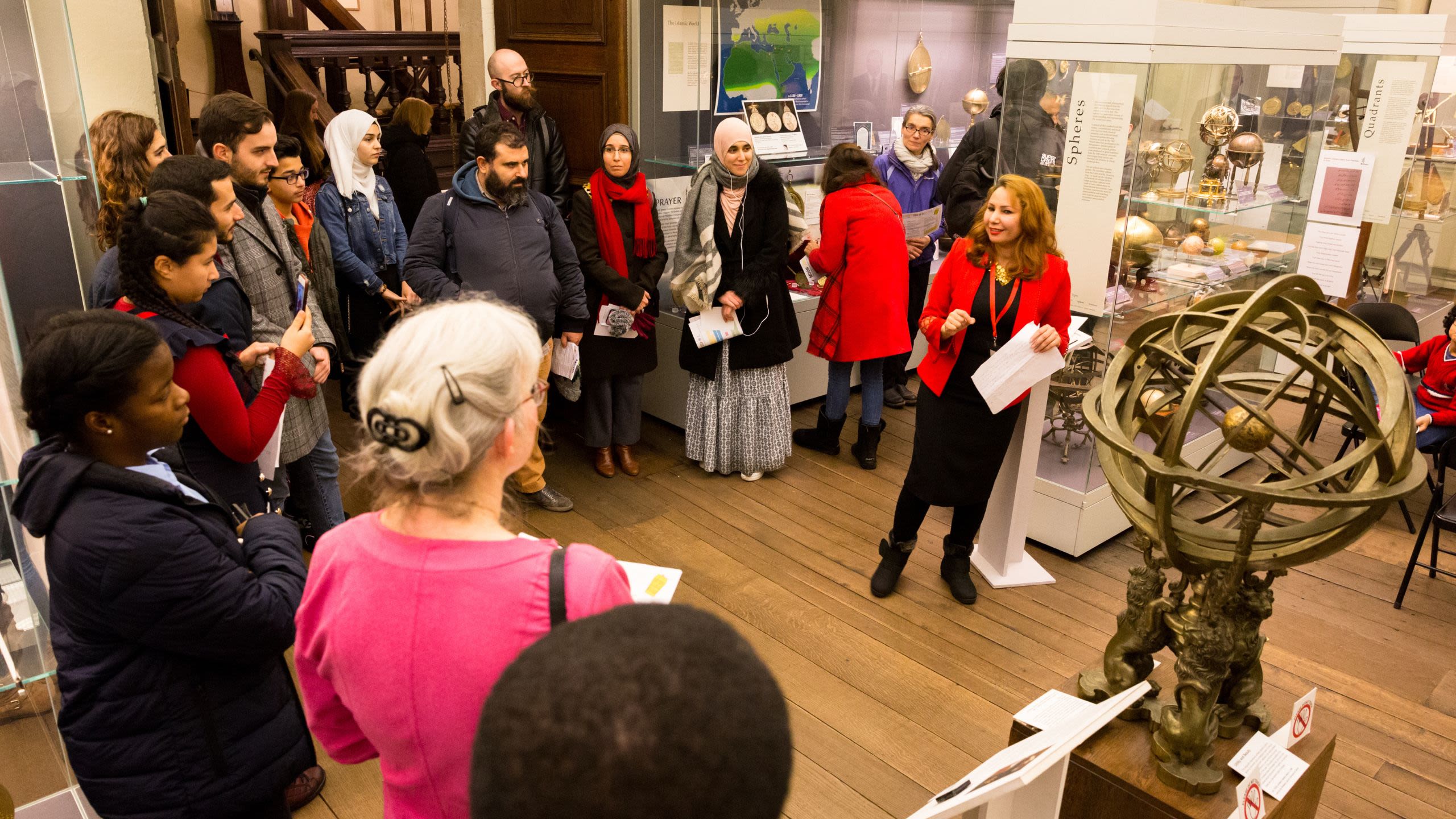
Today the History of Science Museum is home to a beautifully intriguing collection of scientific instruments, continuing this building’s rich heritage as a meeting point for people, science, art and belief.

Where next?
Top Gallery
Spotlight Stories 1-4
Stairs to Top Gallery
Spotlight Story: Reach for the Moon
Entrance Gallery
Spotlight Stories 5-8
Stairs to Basement & Shop
Spotlight Story: Star Gazers
Where next?
Beeson Room
Spotlight Story: Lyra's Worlds
Basement & Shop
Spotlight Stories 9-12
Main Menu
Back to the start
Where next?
Top Gallery
Spotlight Stories 1-4
Stairs to Top Gallery
Spotlight Story: Reach for the Moon
Entrance Gallery
Spotlight Stories 5-8
Stairs to Basement & Shop
Spotlight Story: Star Gazers
Beeson Room
Spotlight Story: Lyra's Worlds
Basement & Shop
Spotlight Stories 9-12
Main Menu
Back to the start














